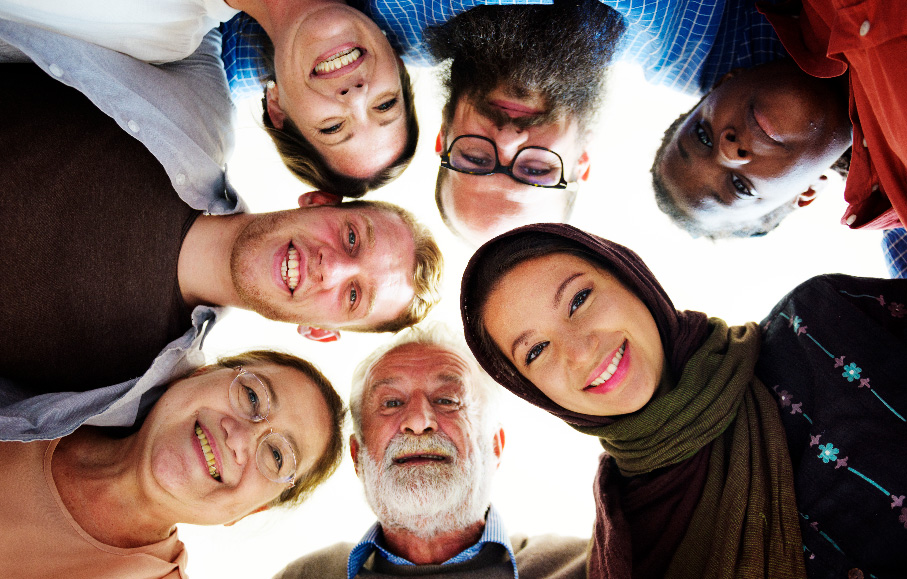July 2018
The Importance of Diversity in Clinical Trials
Clinical studies play a vital role to help prevent, treat, and cure diseases and bring safe, life-saving medicine to the general population. But, what happens if trial volunteers don’t fully represent society at large?
Research suggests that African Americans are nearly twice as likely to develop late onset Alzheimer’s than Caucasian Americans, yet African Americans only account for about 3-5% of trial volunteers. Hispanics and Latinos are also disproportionally affected by this disease. And unfortunately, it doesn’t end there. Almost all ethnic communities are under-represented in clinical trials, which means that the groups who are the most greatly affected by disease may not receive the most effective treatment possible.
Disease impacts groups of people differently, including how people get the disease, their symptoms, how the disease progresses, the way the disease is treated, and the types of side effects produced from treatment. However, historically, health research studies fail to test new treatments in a diverse group of research participants. The danger of leaving certain groups of people out of research, such as racial and ethnic minorities, is that these same groups are left out when it comes to understanding the relationship between illness and health.
Diversity, however, does not only pertain to ethnicity and race. Gender, age, socioeconomic status, education levels, and location where participants live may also impact health research. Here at the Brain Health Registry we are incredibly thankful and proud of the continued participation and support from over 59,000 volunteers around the country (and world) who are helping to advance brain health research. And, we hope we can continue to actively seek out and engage those who may not be as well-represented in clinical research as they should be.
 The Brain Health Registry became involved in genetic testing through the Gene Pool Study in March 2018. So far we have had a very encouraging response from BHR participants to volunteer for this study, which aims to shed light on the way that genes impact memory, thinking, and risk of Alzheimer’s disease. Your willingness to volunteer your time and effort to the GenePool Study has been truly inspiring! But, the work is not done. We still need more volunteers from traditionally underrepresented groups, such as African Americans and Hispanics and Latinos, to join the Gene Pool Study, in order to truly advance our understanding of genetics in brain health. Your participation can play a crucial role in quickening the search for treatments and one day find a cure for Alzheimer’s disease.
The Brain Health Registry became involved in genetic testing through the Gene Pool Study in March 2018. So far we have had a very encouraging response from BHR participants to volunteer for this study, which aims to shed light on the way that genes impact memory, thinking, and risk of Alzheimer’s disease. Your willingness to volunteer your time and effort to the GenePool Study has been truly inspiring! But, the work is not done. We still need more volunteers from traditionally underrepresented groups, such as African Americans and Hispanics and Latinos, to join the Gene Pool Study, in order to truly advance our understanding of genetics in brain health. Your participation can play a crucial role in quickening the search for treatments and one day find a cure for Alzheimer’s disease.

We are especially thankful for your enthusiastic commitment to the Brain Health Registry and your devotion to advancing brain health research. We hope that you will continue to champion the cause by completing your study tasks and encouraging friends and family to join the Brain Health Registry.




